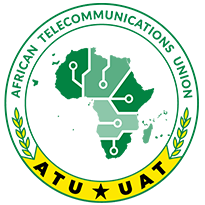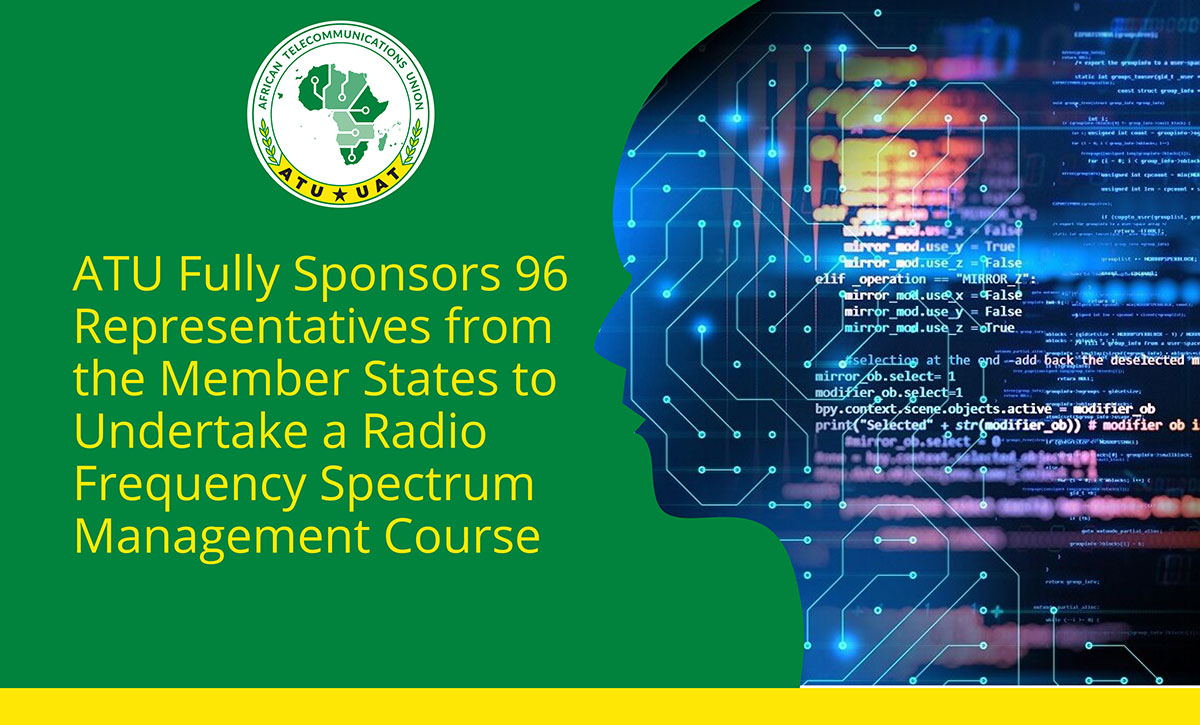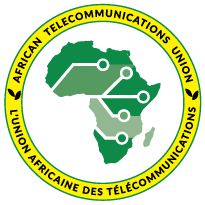Africa has experienced a notable increase in the adoption of technology in the continent. The uptake of mobile and wireless services, broadcasting, and broadband access has been steadily increasing, and radio spectrum is the central resource supporting these developments. It is not an exaggeration to say that radio spectrum is key to the development of information societies. Therefore, African countries have to prioritize the prudent and strategic management of this resource.
However, in some African countries, the management of this critical resource has experienced challenges. For example, more often than not, spectrum is underutilized in rural areas, and countries’ inability to develop country-specific allocations in the national frequency plans has led to uncertainty among users and investors. Furthermore, spectrum needed for providing new services is not timely released or is given in a manner that creates artificial scarcity and high usage prices. A challenge to also note is that, lack of harmonized spectrum use in the sub-regions at times causes interference. All the above, coupled with challenges in the day-to-day administration of the resource inhibits effective spectrum management.
It is now becoming clear that traditional forms of spectrum management are inadequate to respond to the growing technical and economic challenges. As a result, administrations worldwide are adopting alternative approaches to deal with the inefficiencies and hurdles; the resulting obstacles to technological innovation.
African administrations, just like the rest of the world, need to keep up with the changing approach in spectrum management. To ensure this realization, the African Telecommunications Union (ATU) has fully sponsored ninety-six participants from ATU Member States to undertake a training course in “Economic and Market-Based Methods of Radio Frequency Spectrum Management” during the month of February 2021. The course’s core objective is to empower the lead spectrum management personnel from the ATU Member States with Economic and Market-Based Methods of Radio Frequency Spectrum Management, critical in today’s prudent spectrum management.
ATU has and will always be keen on promoting human resources development in info-communications, especially within its Member States. The training will be conducted via the ITU Academy through its two centers of excellence namely, African Advanced Level Telecommunications Institute (AFRALTI) and Ecolé Supérieure Multinationale des Télécommunications (ESMT). The course will be delivered online by AFRALTI (English classes) and ESMT (French classes) through instructor-led training, lectures, case studies and quizzes.
During the course, the tutors will deliver live lectures through ZOOM every Tuesday and Thursday from 17:00 Hours to 1900 Hours East Africa Time (EAT). The online classes will create an opportunity for participants to interact directly with the tutor, ask questions and discuss different topics covered in that week. However, all the trainees will be expected to do much more independently, as only those who meet the assessment criteria will be provided with a certificate.
It is expected that after completing this course, the lead spectrum management personnel from the ATU Member States will be proficient in their understanding of the economics of the radio frequency spectrum and possess the ability to design and successfully conduct a spectrum auction. They will also be equipped with skills to estimate the market values for the Digital Dividend I (790-862MHz) and II (694-790MHz) and assign the pending Digital Dividends RF spectrum and others at Market-Based Approach. The principles leant will certainly also apply to other spectrum bands.


